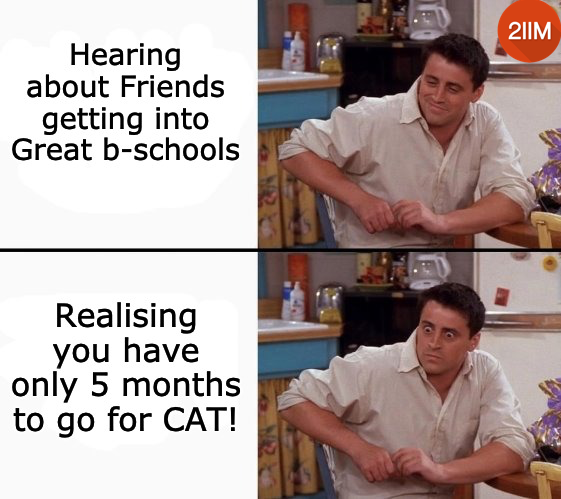CLAT English Language
CLAT English Language section tests candidates on two tenets – Language Mastery and Reading Comprehension. Language Mastery involves vocabulary and grammar. Vocabulary requires the candidates to have a good hold of words, in addition to word usage based on different contexts. Reading Comprehension requires that the candidate understand the overall theme of the passage, arguments and counter-arguments, agreements and disagreements, comparisons and contrasts, and more.
The following passages, each of which are around 450 words long, are derived from contemporary and historically significant fiction or non-fiction, including technical and scientific passages. Due diligence has been given to ensure the passages cover a wide range of topics. The passages have been chosen from a variety of sources, and are as close to the samples provided by the Consortium of NLUs. All the questions are pegged exactly at the level of difficulty of CLAT.
Are you ready to face the nuances of the language English is? Dive in and solve the following questions, available for free!
CLAT 2020 English Language: The Cat
The snow was falling, and the Cat's fur was stiffly pointed with it, but he was imperturbable.
He sat crouched, ready for the death-spring, as he had sat for hours. It was night but that
made no difference, all times were as one to the Cat when he was in wait for prey. Then, too,
he was under no constraint of human will, for he was living alone that winter. Nowhere in the
world was any voice calling him; on no hearth was there a waiting dish. He was quite free
except for his own desires, which tyrannized over him when unsatisfied as now. The Cat was
very hungry. almost famished, in fact. For days the weather had been very bitter...and the
Cat's long hunt had availed him nothing. But he waited with the inconceivable patience and
persistency of his race; besides, he was certain. The Cat was a creature of absolute
convictions, and his faith in his deductions never wavered. The rabbit had gone in there
between those low-hung pine boughs. The Cat had seen her enter...so he sat down and
waited, and he waited still in the white night, listening angrily to the north wind starting in
the upper heights of the mountains with distant screams, then swelling into an awful
crescendo of rage, and swooping down with furious white wings of snow like a flock of
fierce eagles into the valleys and ravines. The Cat was on the side of a mountain, on a
wooded terrace. Above him, a few feet away towered the rock ascent as steep as the wall of a
cathedral. He had often looked with wonder at the rock, and miauled bitterly and resentfully
as man does in the face of a forbidding Providence. At his left was the sheer precipice.
Behind him...was the frozen perpendicular wall of a mountain stream. Before him was the
way to his home. When the rabbit came out she was trapped; her little cloven feet could not
scale such unbroken steeps. So the Cat waited. The tangle of trees and bushes clinging to the
mountain-side with a stern clutch of roots, the prostrate trunks and branches, the vines
embracing everything with strong knots and coils of growth, had a curious effect, as of things
which had whirled for ages in a current of raging water, only it was not water, but wind,
which had disposed everything in circling lines of yielding to its fiercest points of onset. It
was as if ice needles pricked his skin through his beautiful thick fur, but he never faltered and
never once cried. He had nothing to gain from crying, and everything to lose; the rabbit
would hear him cry and know he was waiting.
[Excerpts from a Short story, „The Cat‟ by Mary E. Wilkins Freeman]
The Author's description of "...he was under no constraint of human will, for he was living alone..." implies:
- Cat‘s absolute freedom from everything
- Cat‘s no association with human beings
- Cat‘s loneliness
- Cat‘s tyrannical demeanour
Explanatory Answer
Option (b) and (d) are wrong – they do not fit the context of the passage at all. Option (a) is wrong because the Cat is not free of his desires. The sentence following the one in the question provides better context. “Nowhere in the world was any voice calling him; on no hearth was there a waiting dish.”. Hence, it is implied that the Cat is lonely.



CAT Coaching in Chennai
CAT 2021
Enroll at 49,000/-
44,000/-
Online Classroom Batches Starting Now!

